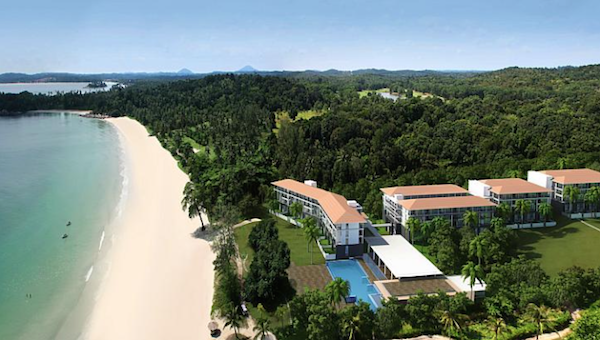The serviced residences sector is becoming increasingly popular among investors and clients in several Asia-Pacific markets, where developers and operators are expanding their reach in the niche segment.
Singaporean luxury hotel operator Banyan Tree Group recently launched its serviced apartment brand Cassia and announced plans to launch new projects in Phuket in Thailand, Beruwala in Sir Lanka, the Australian Gold Coast, Indonesia and Lijiang, China, as the company intends to build strong presence in 33 countries by 2017.
“It is a hundred percent real estate, but [with] a very strong hospitality element to it, and that is bringing our expertise in both areas to launch this new brand,” Ho Kwon Ping, executive chairman of the Banyan Tree Group, told Channel News Asia.
Cassia branded developments will be primarily sold to investors and will target leisure travellers as clients. Ho told The Australian that this business model would be especially appropriate for the high operating costs in Australia.
Another Asian investor is making his foray into the Australian serviced apartment segment, according to The Australian Financial Review. A Chinese investor purchased The Kirketon Hotel based in Sydney for AUD11.3 million (USD10.57 million) to capitalise on the growing popularity of the niche product.
Meanwhile, Macksons Properties is building 100 luxury serviced residences in an upscale district in Colombo, Sri Lanka, to cater to the country’s booming tourism industry. The LKR412 million (USD3.162 million) development will offer one-, two- and three-bedroom family suites, a gym, a swimming pool and restaurants, the Lanka Business Online reported.
In the Philippines, DoubleDragon Properties recently signed a joint venture agreement with Carto Meridian Development to establish the 334,000 sqm Meridian Park complex, which will house offices, retail shops and serviced apartments by 2020, reported the Philippine Daily Inquirer. The new complex is adjacent to the burgeoning Mall of Asia grounds and will begin construction by year-end.
Chinese developers are also optimistic about the serviced residences sector, which mostly targets expatriates in China, amidst the slowdown in the economy and the Chinese property market, as it offers a viable alternative to hotels.
“Serviced apartments attract developers with more stable occupancy rates and revenue as compared to hotels,” Dave Siu, assistant director and general manager of Shanghai portfolio at Wharf China Estates Ltd, told Shanghai Business Review.
Shanghai remains as one of the top locations in China for serviced apartments. The city welcomed the reopening of Times Square Apartments in Q4 2013, with 131 new serviced apartment units, as well as 115 units at the Grand Pujian Residence. Chengdu, meanwhile, is now seen by some developers as having a big potential in the serviced residences industry, said Collin Foo, deputy area general manager of Ascott serviced apartments.
In Hong Kong, ET Net News Agency reported last month that the Printemp Hotel Apartment was being acquired for HKD305 million (USD39.341 million). The 25-storey property has 96 units and currently has a rental yield of 5.1 percent.
Image credit: Banyan Tree
Source: www.property-report.com

